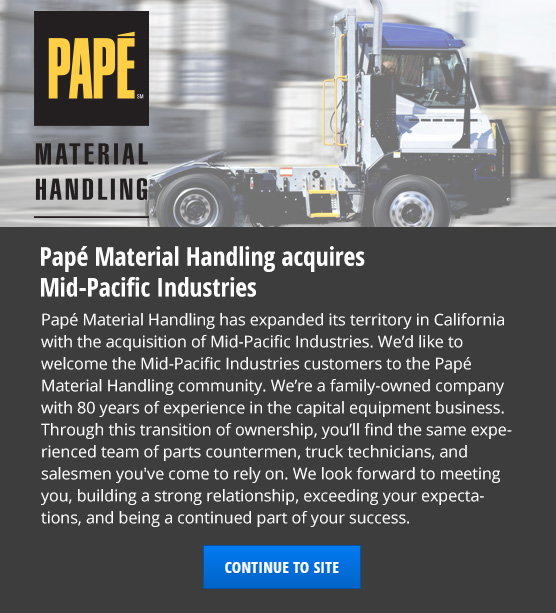Forklifts take a lot of juice - the power needed to run a forklift, time to maintain the machine, and the sheer cost of running a forklift can put a strain on your operations. However, a there are options besides an electric forklift and a lead-acid battery. Take a look at some of the top reasons to switch to a lithium-ion battery.
1. Lithium-Ion Batteries Require No Maintenance
Unlike the traditional lead-acid batteries, lithium-ion batteries require no maintenance. Lead-acid batteries require an enormous amount of daily maintenance over the life of the battery. Typically, these batteries will go through 8 hours of charging after the battery has been completely discharged, 8 hours of cooling, and 8 hours of use in a 24-hour cycle.
2. Your facility won’t need a dedicated battery room
By law, facilities that use lead-acid batteries require a dedicated battery room for charging and maintenance that includes an eye-washing station and specific ventilation. Because lead-acid batteries require hands-on maintenance, there’s a risk of acid contact and hydrochloric gas exposure during charging. Lithium batteries don’t “gas” when charging or installing - so you can install and charge your forklift anywhere in the warehouse without the need for a battery room, eye-washing station, ventilation, or any other hazardous cleanup equipment.
3. Lithium-Ion batteries charge efficiently
Lead-acid batteries have liquid inside the case that need to be mixed in order to take a charge - it typically takes about 5-10 minutes for the charger to determine the charge and the condition of the battery and takes about 8-10 hours to fully charge. Lithium-ion batteries, on the other hand, have no liquid, and therefore immediately begin charging once you plug them in and only take 2 hours to fully-charge. Bottom line: lithium-ion batteries are considerably more efficient to charge.
4. Lithium-Ion batteries cost less over their lifetime
When a customer is running 1.5 to 2 shifts per week, the ROI of a single lithium-ion battery is only 24 months. Because you have none of the same maintenance requirements as with lead-acid batteries, the cost of the battery’s life is greatly reduced. Not to mention the reduction in facility costs simply by removing the required safety measures required by law (as mentioned above).
5. Even if your current solution works, Lithium-Ion works better
You’re getting the amount of shifts you want out of your current battery solution, you’re not seeing any issues with productivity, and you’ve had limited downtime… so why would you want to change from your lead-acid battery at all? Well, despite the effectiveness of your current power solution, your facility can be more efficient and cost effective. The cost-savings of lithium-ion over the maintenance and repair of lead-acid still overshadows the current effectiveness of your power solution.
These are only five reasons to consider the change to lithium-ion batteries. Although they may cost more upfront, the short ROI and non-existent maintenance requirements make all the difference when reviewing your operations. If you’ve questioned your forklift power, now is the time to talk to one of our Papé Motive Power experts.









